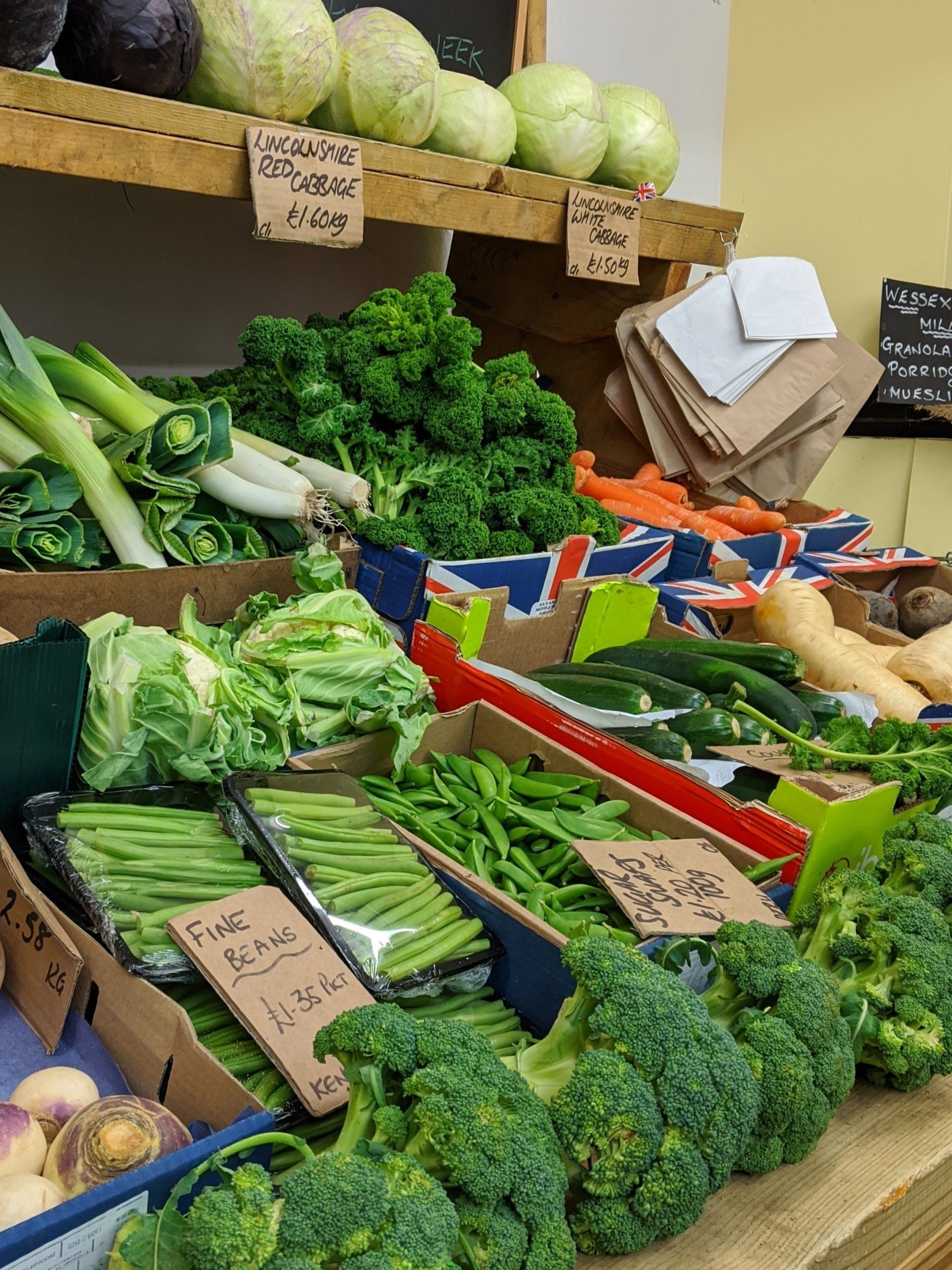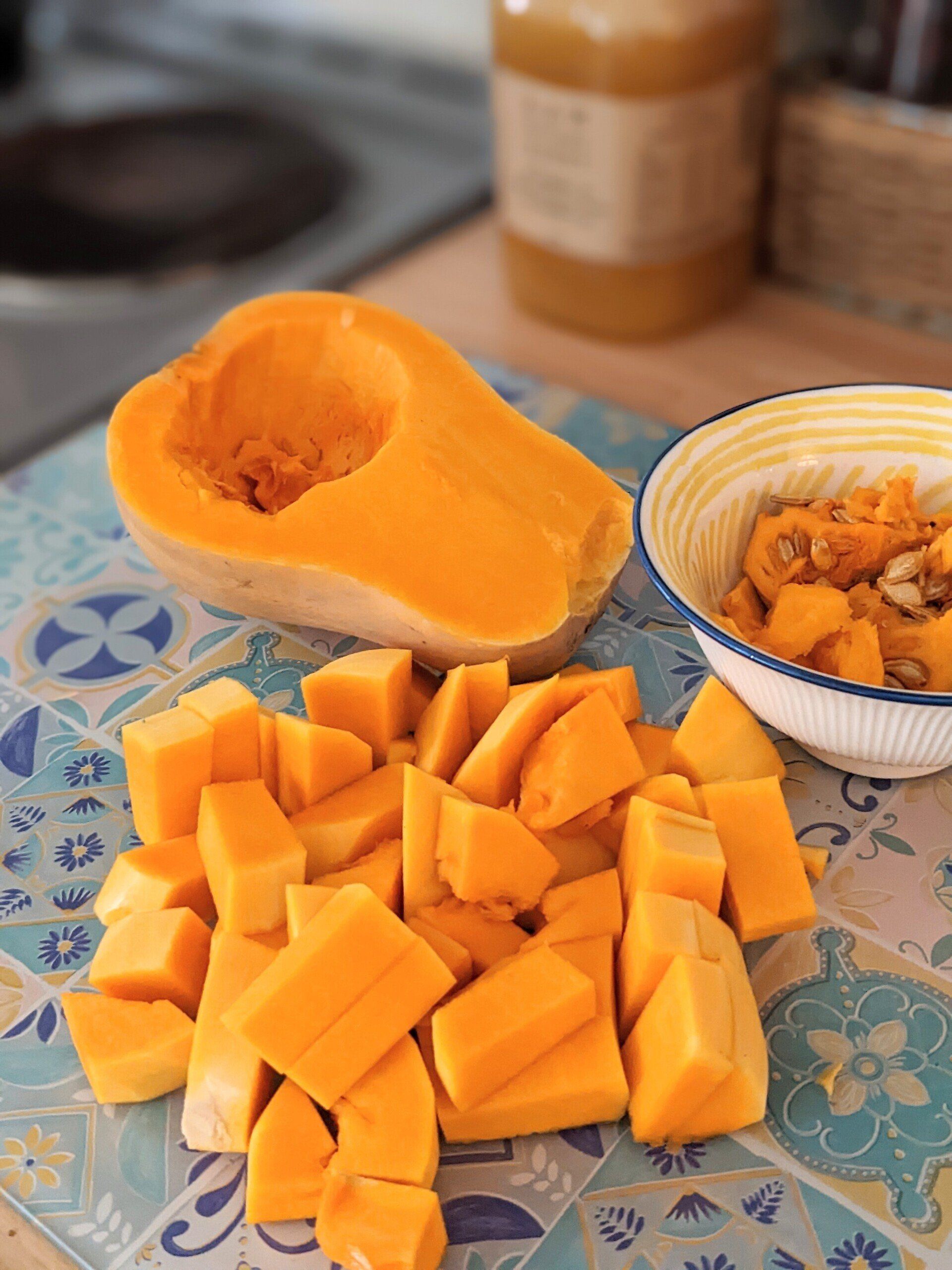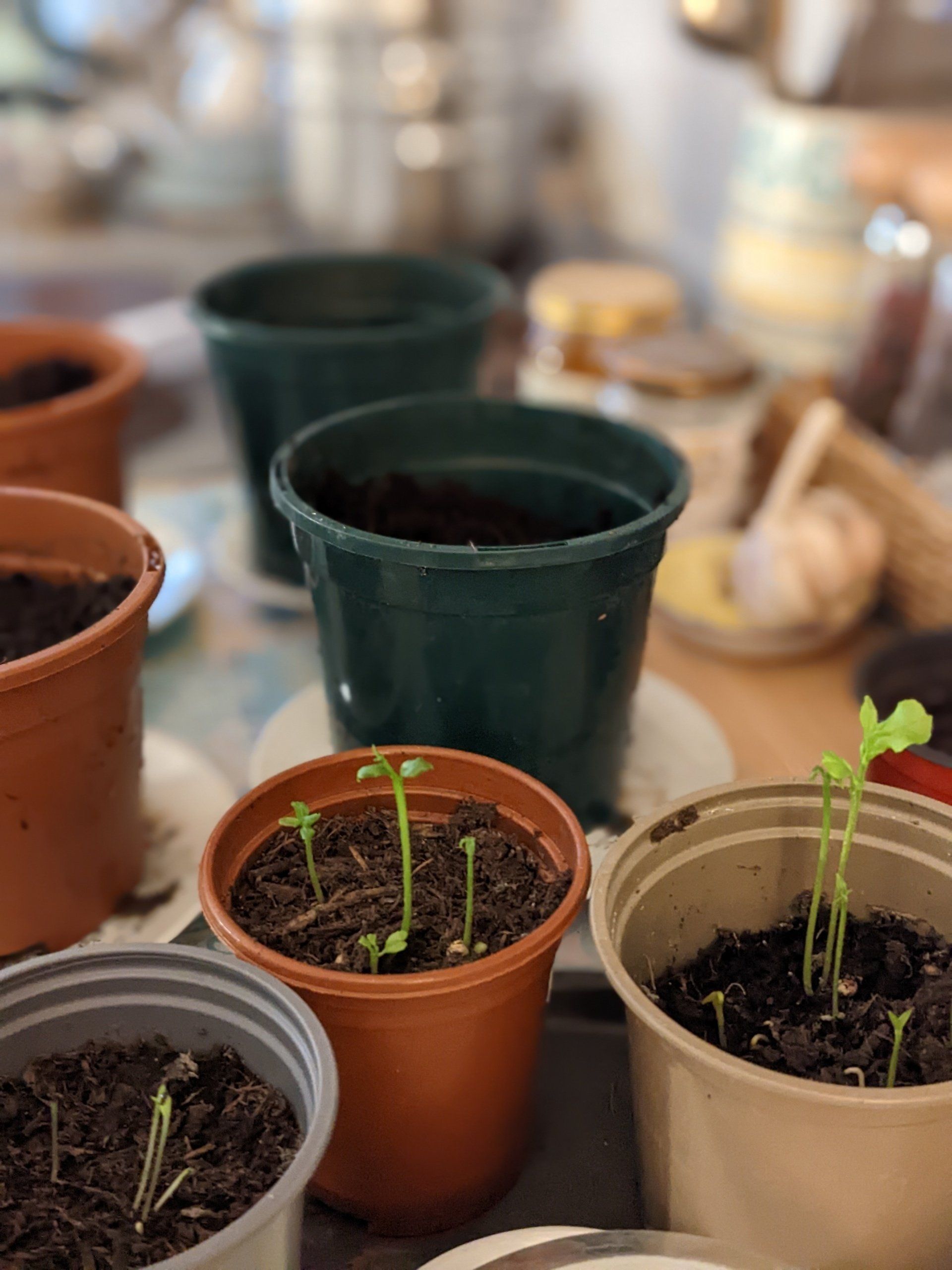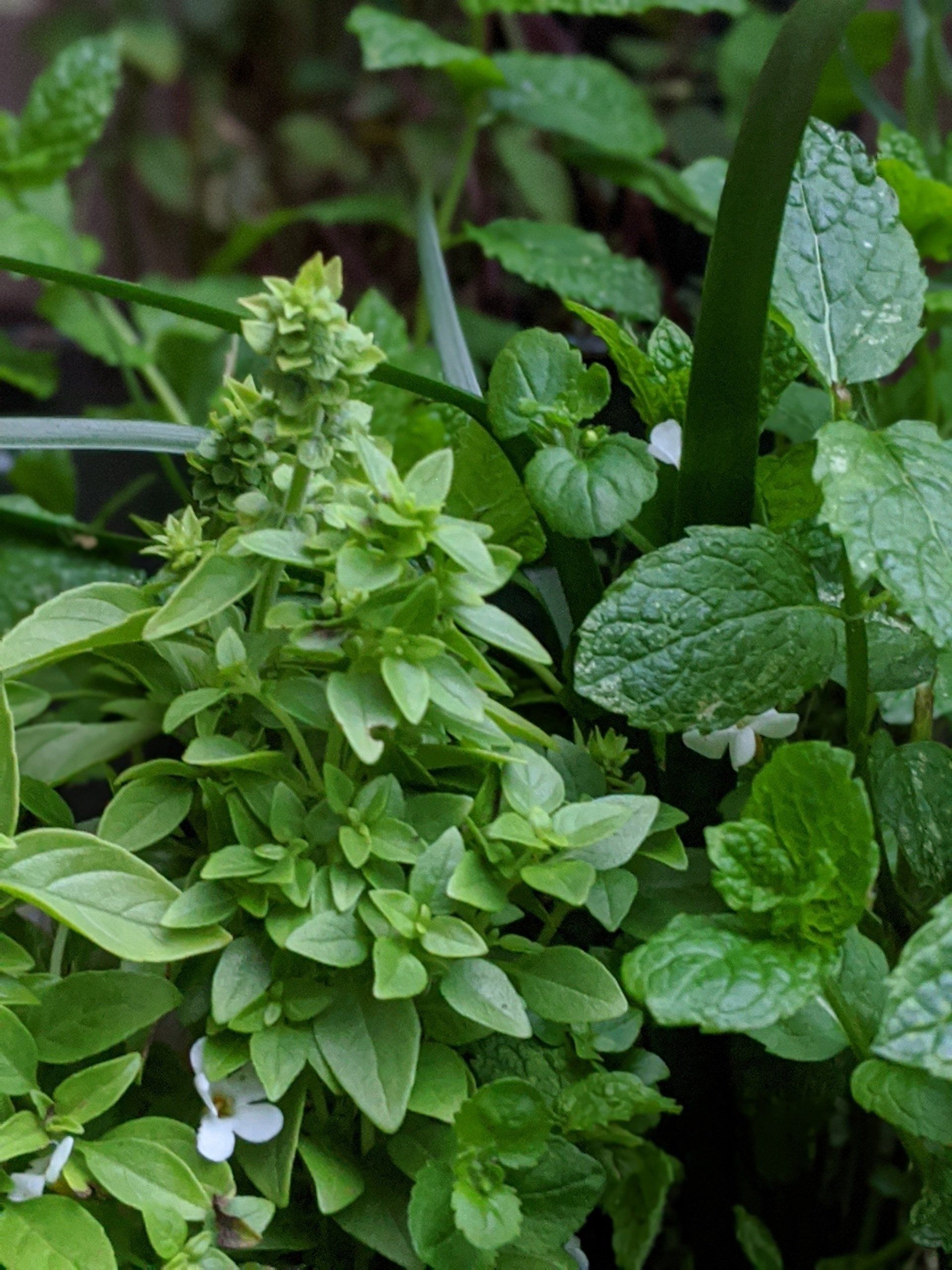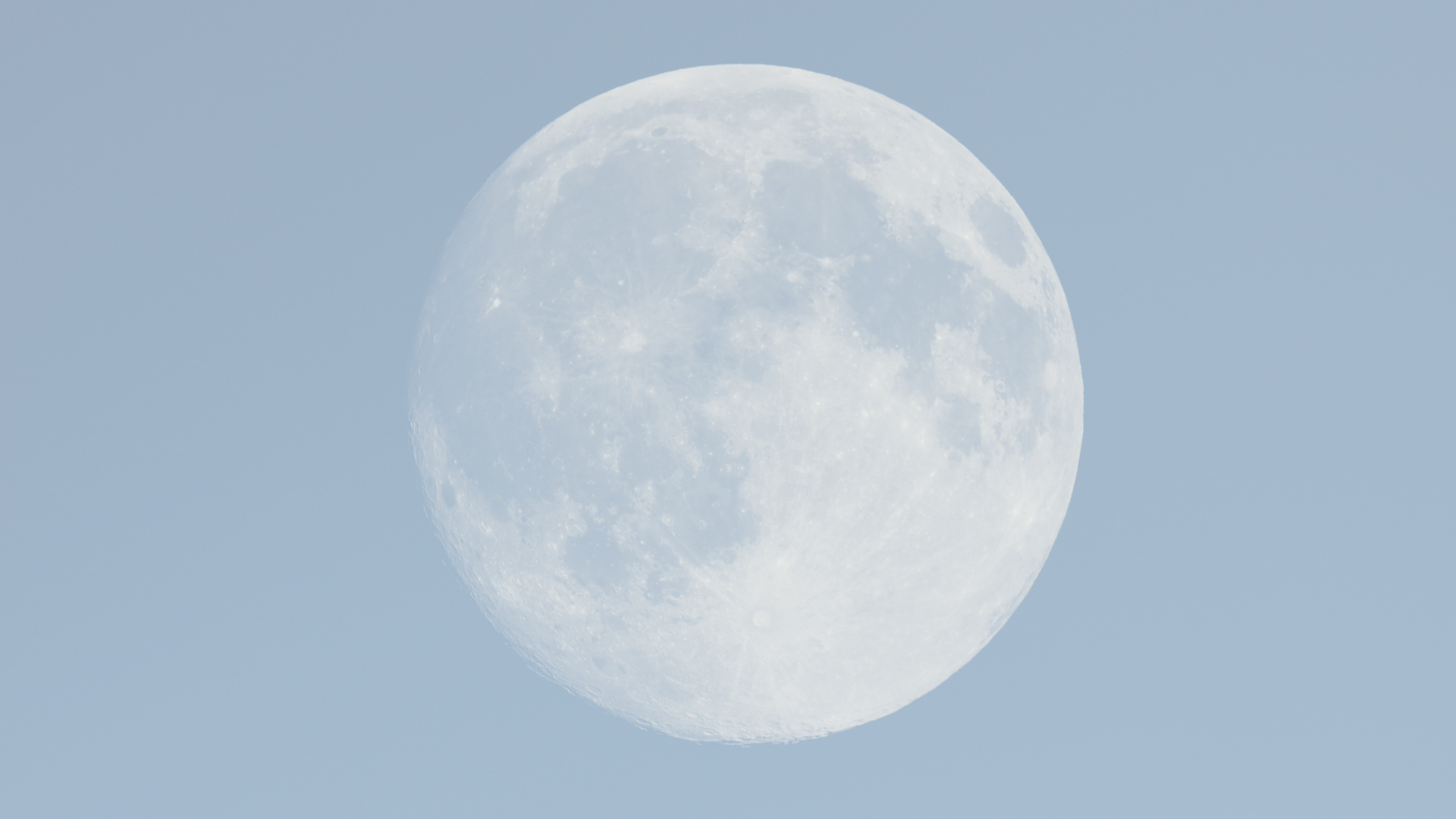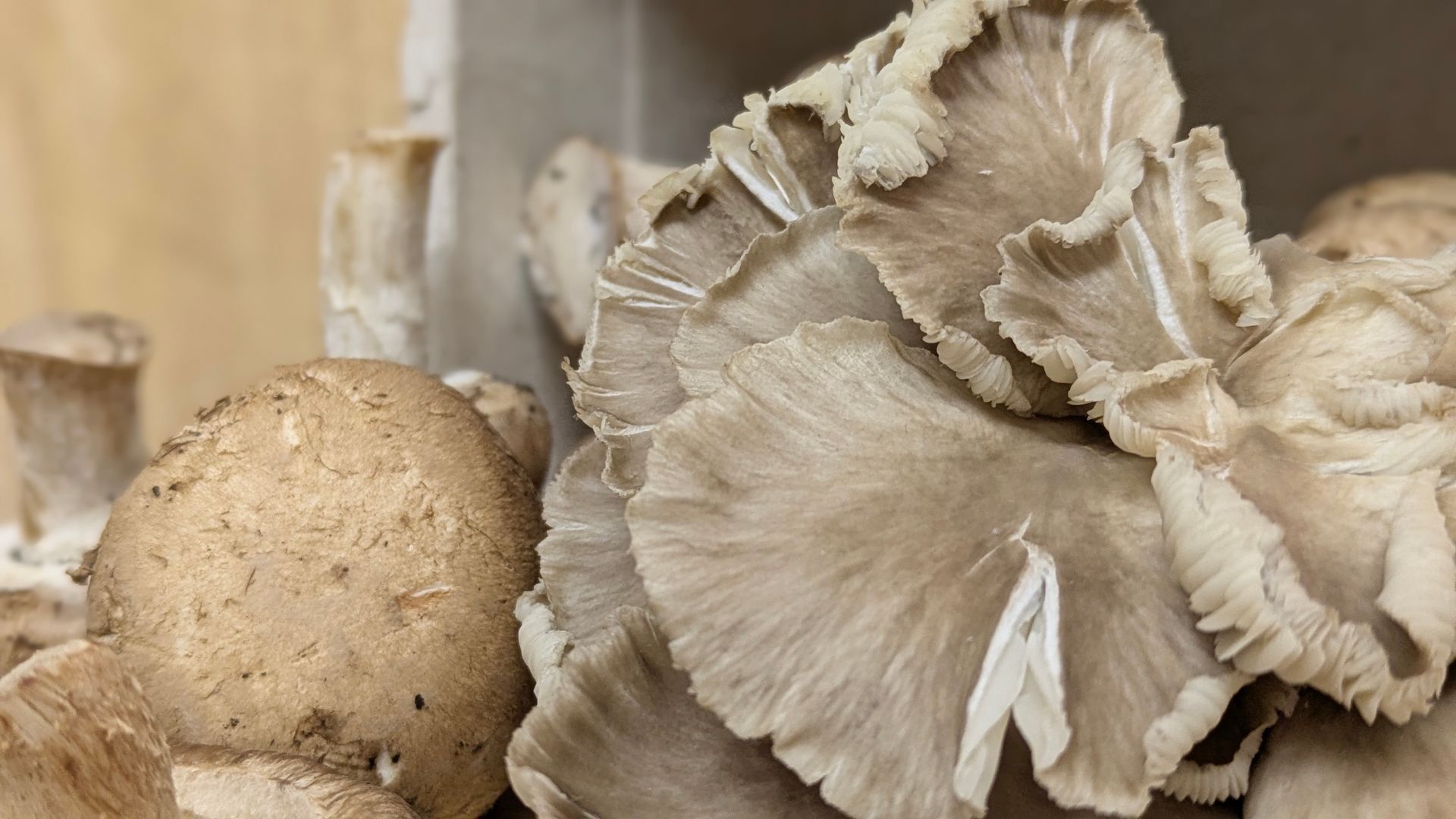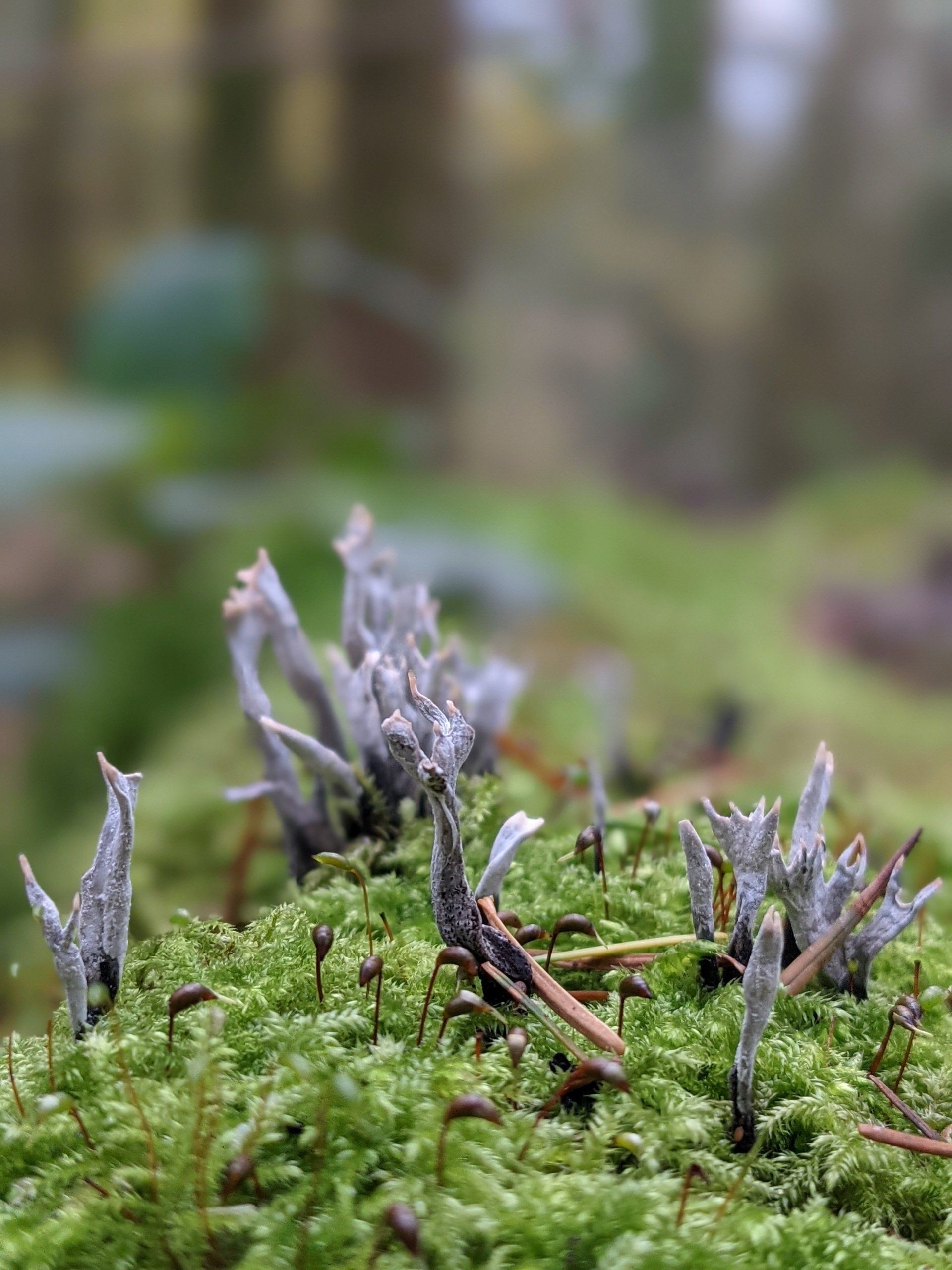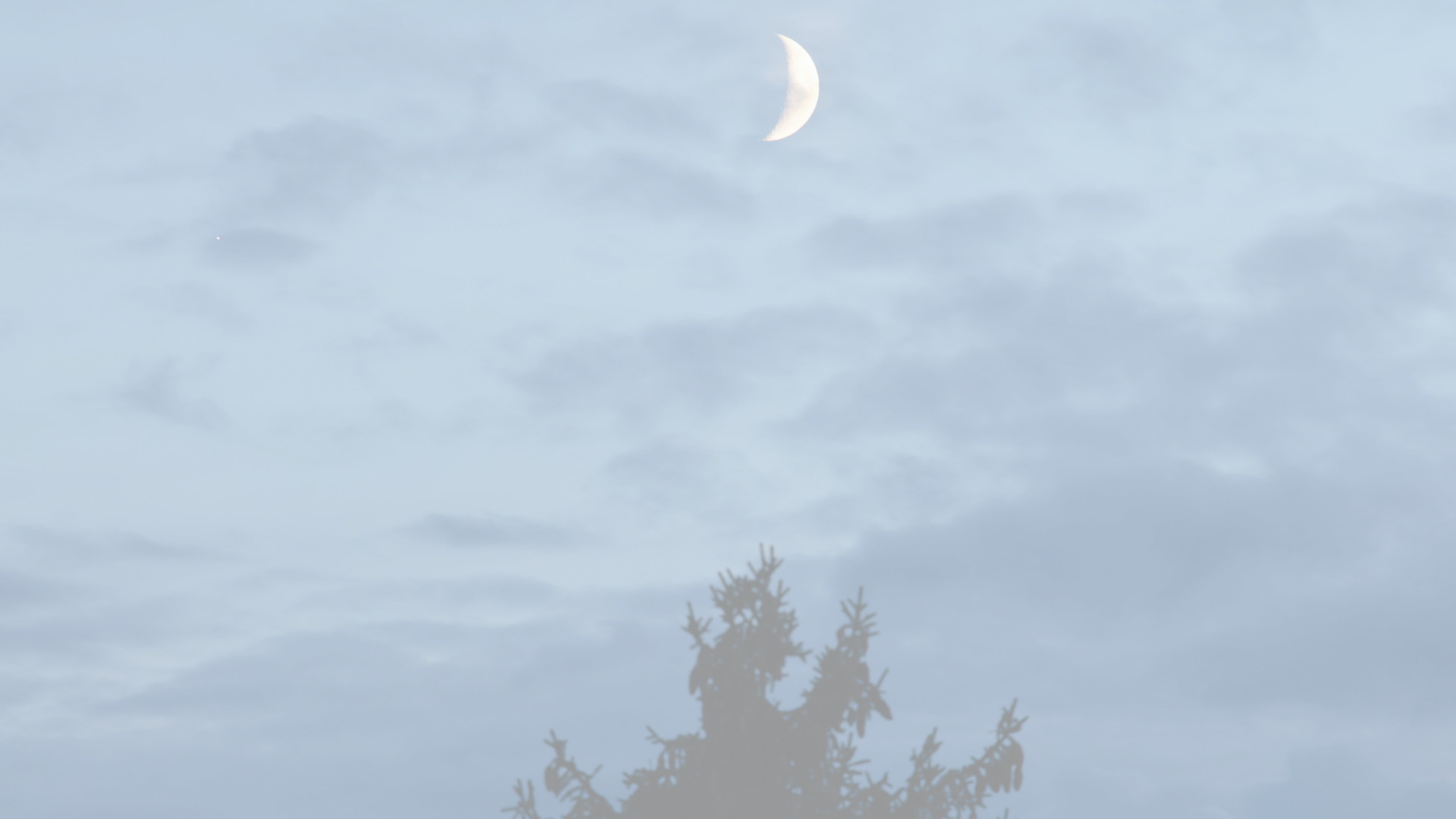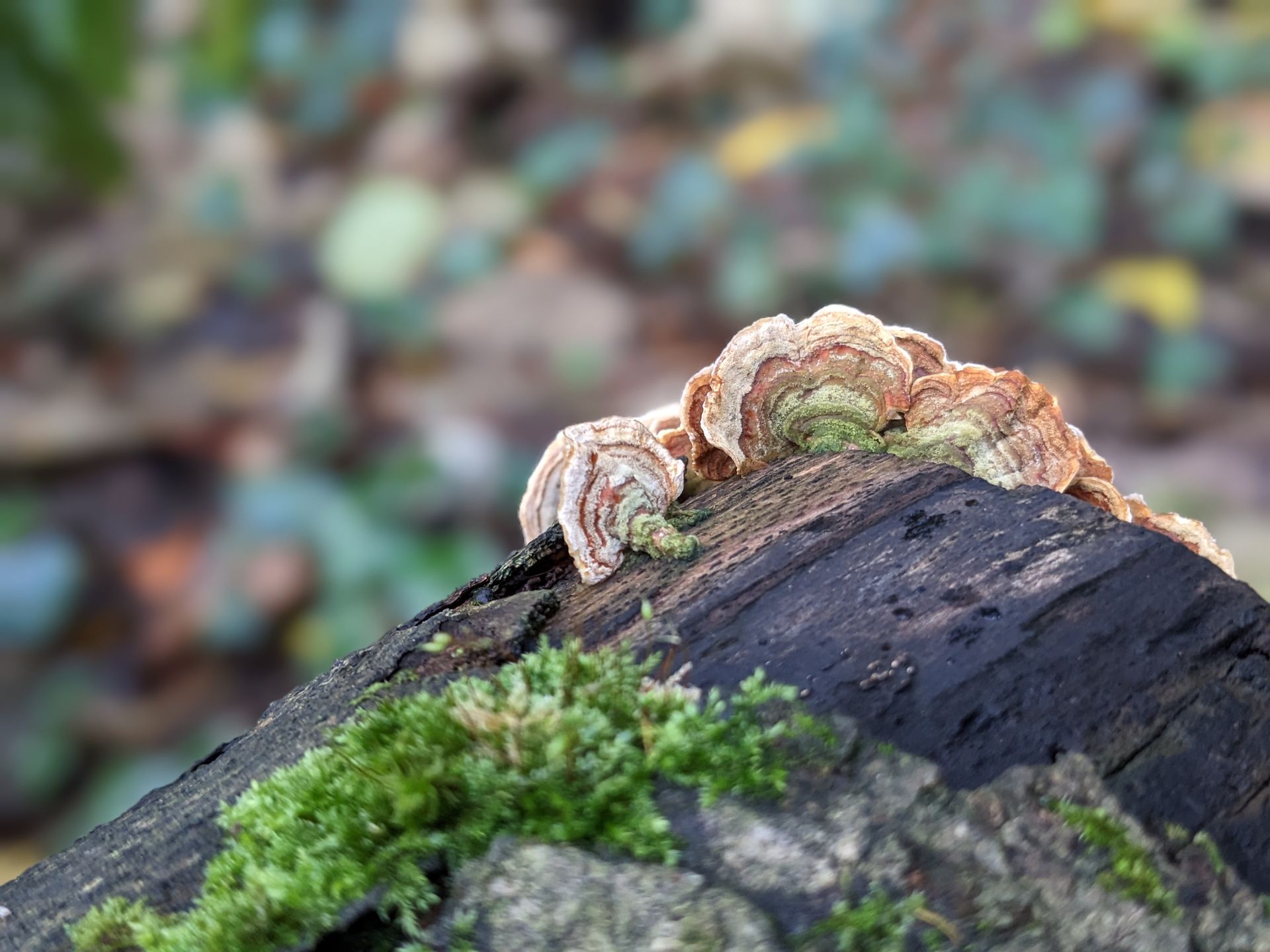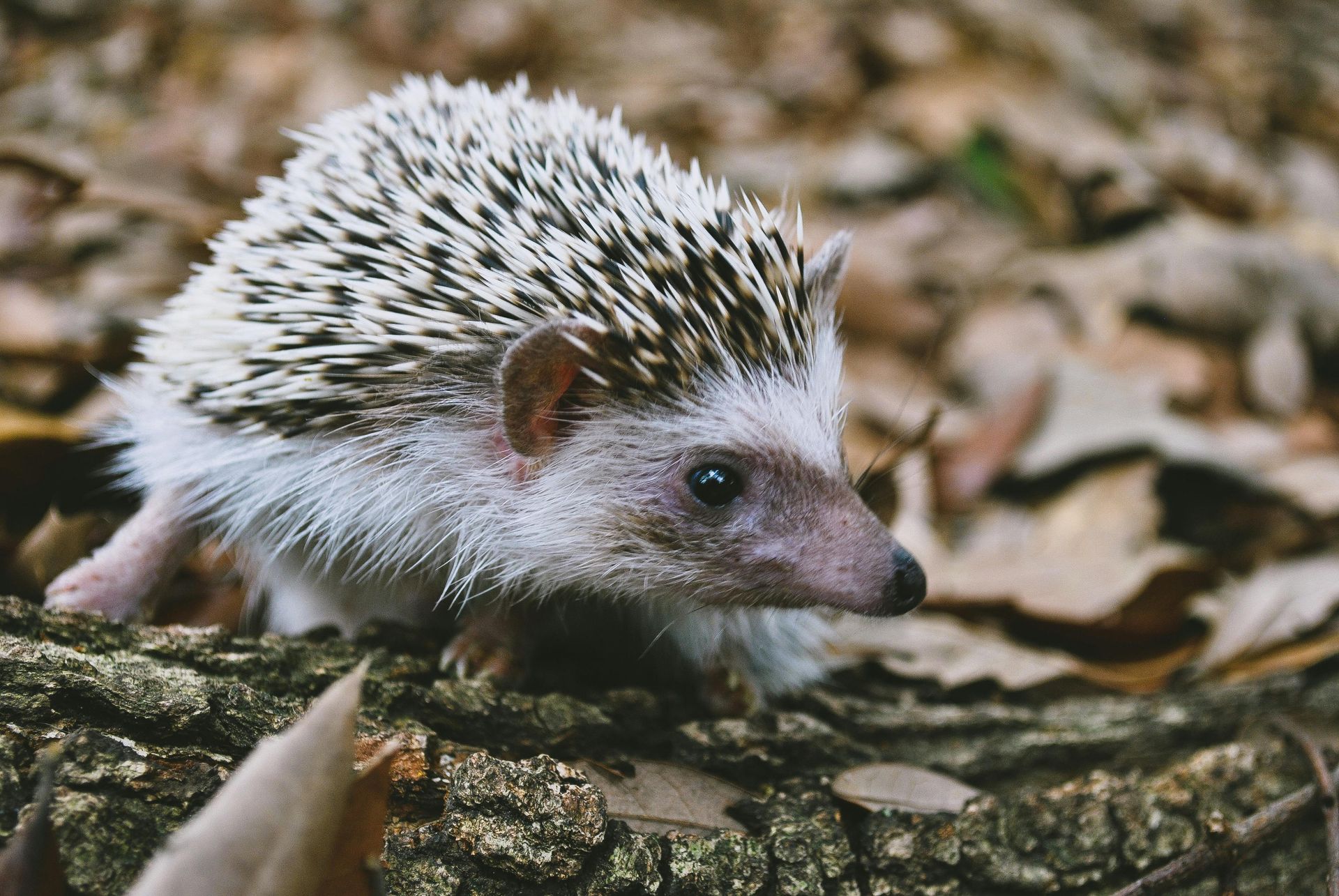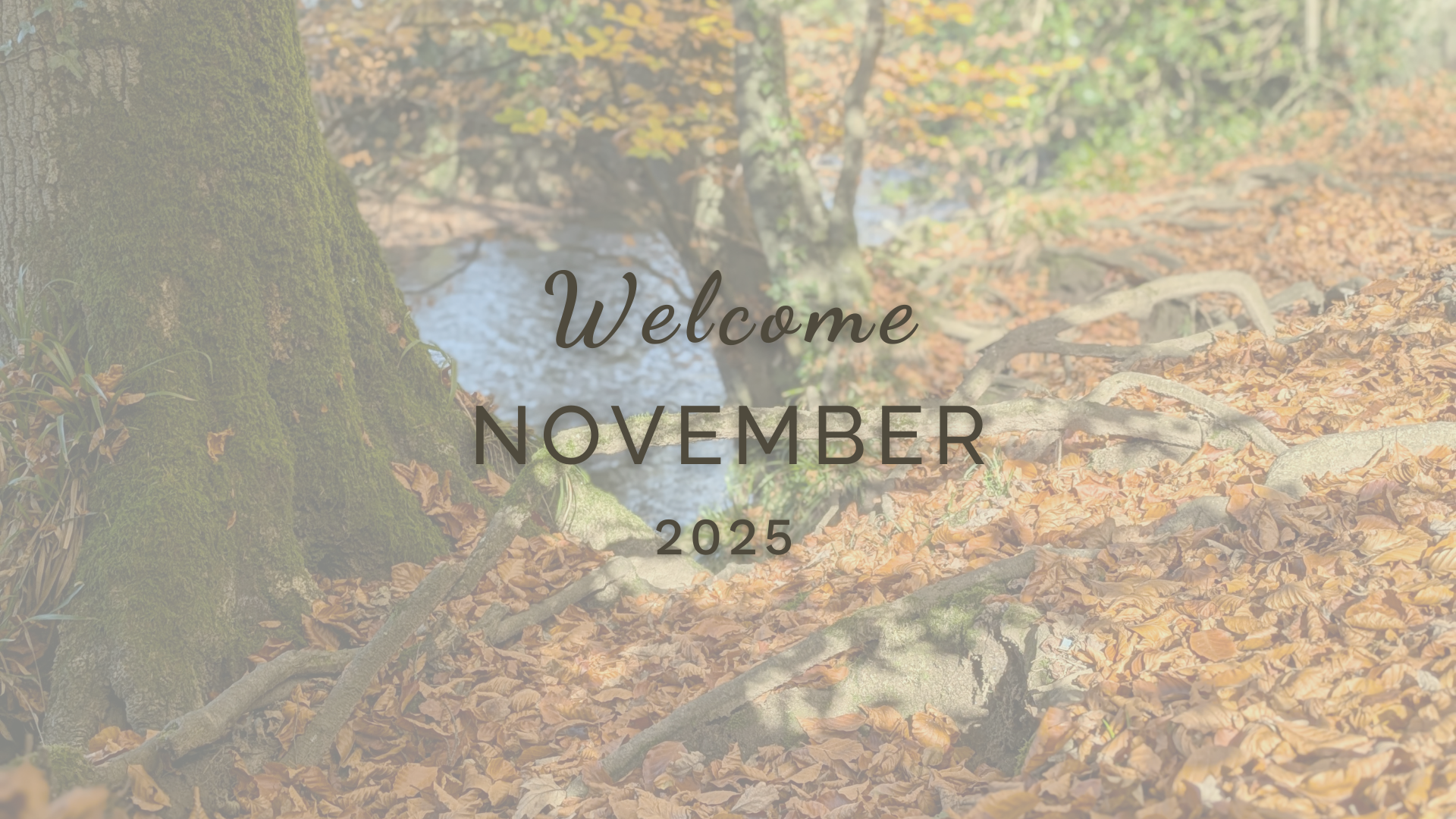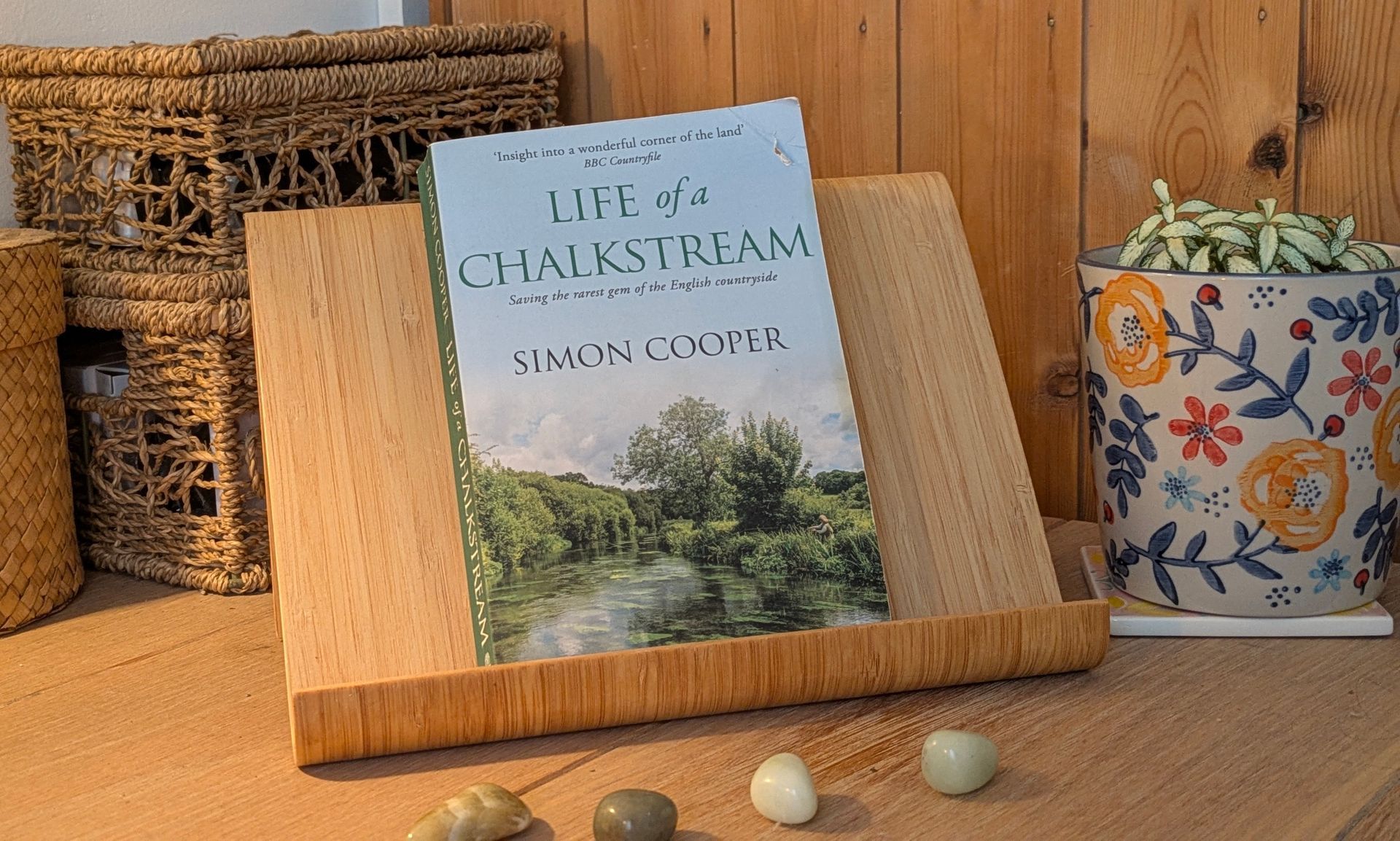Almanac for January 2023
Increasingly longer and brighter days following the Winter Solstice
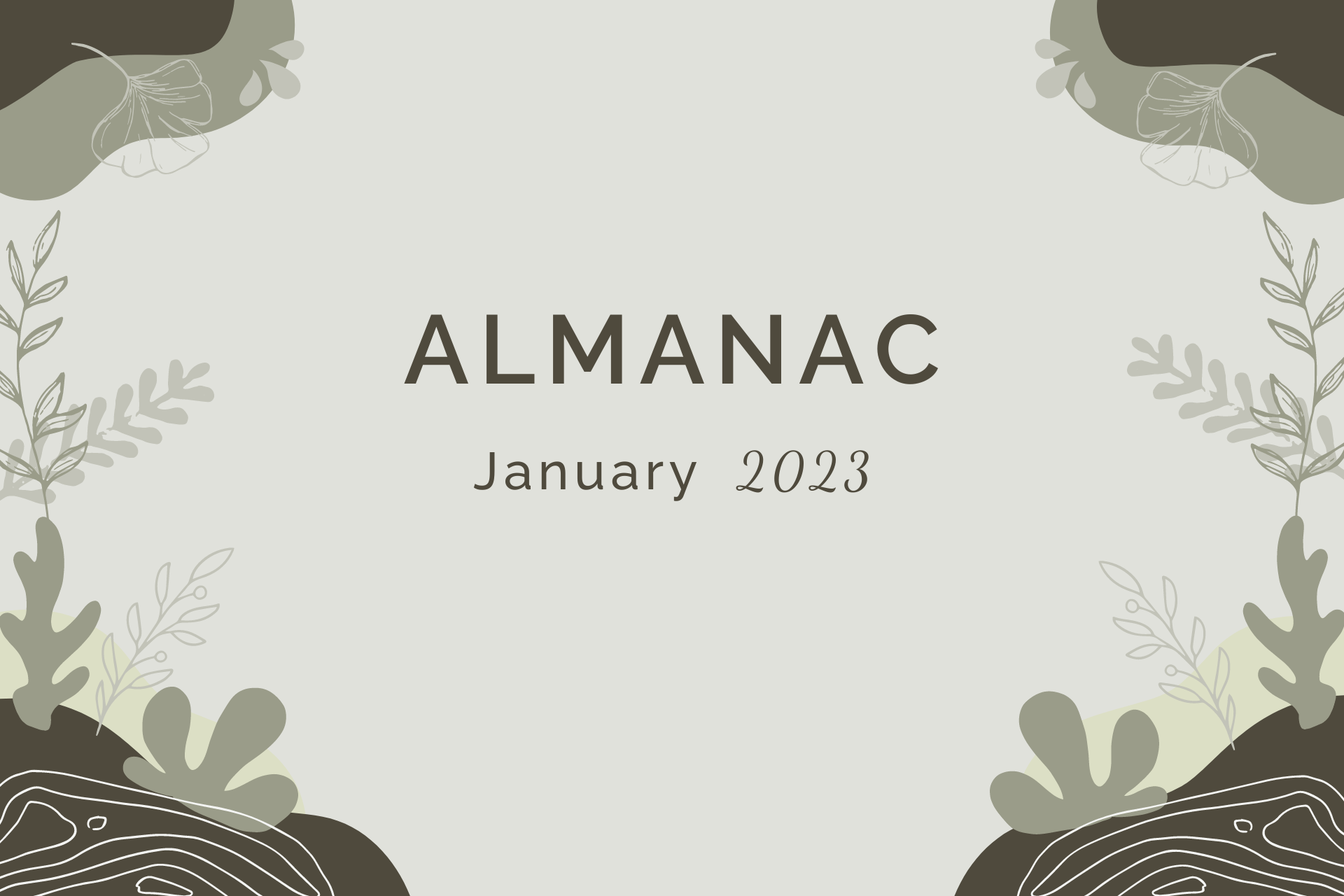
Astronomical calendar
An almanac is traditionally defined as a 'calendar of the heavens' because it follows the four seasons through each solstice, equinox, moon phase, dawn and sunset, tide and Spring tides, local traditional events and folklore.
With the Winter Solstice arriving on the morning of Wednesday 21 December last year (the start of the New Year for some), we are already 10 days ahead of the shortest day of the year. Dawn rose this morning at 8.16 am and our first sunset will close the day at 4.20 pm.
On the last day of this month, dawn will rise at 7.52 am and the last sunset of the month will close the day at 5.04 pm. This means we will have gained an extra hour of daylight as we move into February 2023.
Here are some key events, dates and information to make a note of for January.
Moon phases
Friday 6 January -
FULL WOLF MOON in Cancer
Saturday 21 January - NEW SNOW MOON in Aquarius
Sunrise and sunset (Devon)
Sunday 1 January - Sunrise (8.16 am) | Sunset (4.20 pm)
Tuesday 13 January - Sunrise (7.52 am) | Sunset (5.04 pm)
In the garden
Seeds - collect, dry and germinate your own seeds from organic plants, fruits and vegetables
Planting - pot newly sprouted seeds indoors or in a greenhouse, cover to begin with if stored in a cold room
Gardening - leave old growth where it is for now to provide shelter for many creatures hunkering down for Winter
Tidying - cleaning pots, digging, spreading manure, composting, repairing, checking ties and wires
Feeding - keep feeders filled with wild birdfood, fat balls and apples, place a fresh bowl of filtered water nearby
Planning - a good time to take stock and think about things to grow in the new Spring season
Vegetables - only the hardiest of vegetables can be planted outside but plenty can be sown indoors this month
In the hedgerows
Foraging - learn about the different wild plants, fruits and fungi you can collect for nutritional health and healing
In season - Chickweed, Hairy Bittercress, Dandelion Leaves, Sow Thistle, Wintercress
In the market
Vegetables - Purple Sprouting Broccoli, Carrots, Brussels Sprouts, Turnips, Beetroot, Spinach, Jerusalem Artichoke, Kale, Chard, Lettuce, Chicory, Endive, Cauliflower, Cabbages, Celeriac, Swede, Leeks, Forced Rhubarb
Herbs - Winter Savory, Parsley, Chervil, Coriander, Rosemary, Bay, Sage
Feeding the birds
Throughout January, put out wild birdfood and filtered water on a regular basis. If it's really cold and your feeders attract regular visitors, top up in the morning and in the early afternoon if you can.
Birds require high-energy (high quality fat) foods during cold weather to maintain their fat reserves. They need this to survive the frosty nights so make sure to use specialist wild birdfood and only good-quality naturally made bird-friendly food and scraps.
Remove any unwanted food and keep your feeders, water bowls and bird baths clean, the latter regularly cleaned and topped up with fresh filtered water. You can find further information about what and when to feed your garden birds on the RSPB website here.
Closer to nature
January is the longest month of the year, often dark, wet and frequently cold but by the end of the month, the days are longer and even if it's still very cold, the first signs of Spring will be starting to show.
This is a great time of year for invigorating walks in Nature. Taking in the fresh air and beauty of the Winter landscape in the presence of wildlife and the natural elements is invigorating and great exercise. Take time to go outside at least once a day if you can to take in the benefits of the natural light and fresh air, either by gently walking, pottering or sitting in the garden for a while.
January is the best time to make the most of locally grown organic fruits and vegetables which taste delicious in nutritious soups, stews and puddings. Enjoy piping hot on the day and freeze what's left for days when you don't feel like cooking.
Now is the time to start collecting, drying and germinating your own organic seeds from the foods you eat This is best done indoors where seeds will germinate in closed containers in the warmth and newly planted seedlings will grow slowly and surely on the top of a cupboard or kitchen shelf. By keeping them covered to begin with and well watered they will do their own thing and grow ready for planting out in the garden or outside pots in the early Spring.
Moon dates
Don't forget to make a date on Friday 6 January for the Full Wolf Moon and Saturday 21 January for the New Snow Moon when you can tune into the beautiful lunar light energy for creative inspiration, driving forward and taking action (full moon) or for reflection, resting and planning. (new moon).
Keep an eye out for this month's new moon and full moon articles with information and guidance and I look forward to seeing you for another Almanac overview on 1 February 2023.
Sue Cartwright
Spiral Leaf
Further reading
I highly recommend
The Almanac - A Seasonal Guide to 2023 by Lia Leendertz with a wealth of information to help you get closer to Nature through the seasons. Spiral Leaf may earn a small commission from Bookshop.org from this link without affecting the price to you. Fees have generated over £2.6 million for local bookshops and independent book sellers to date.
Thank you for sharing!
for you, for me and for Mother Nature
Latest Posts
All Posts

